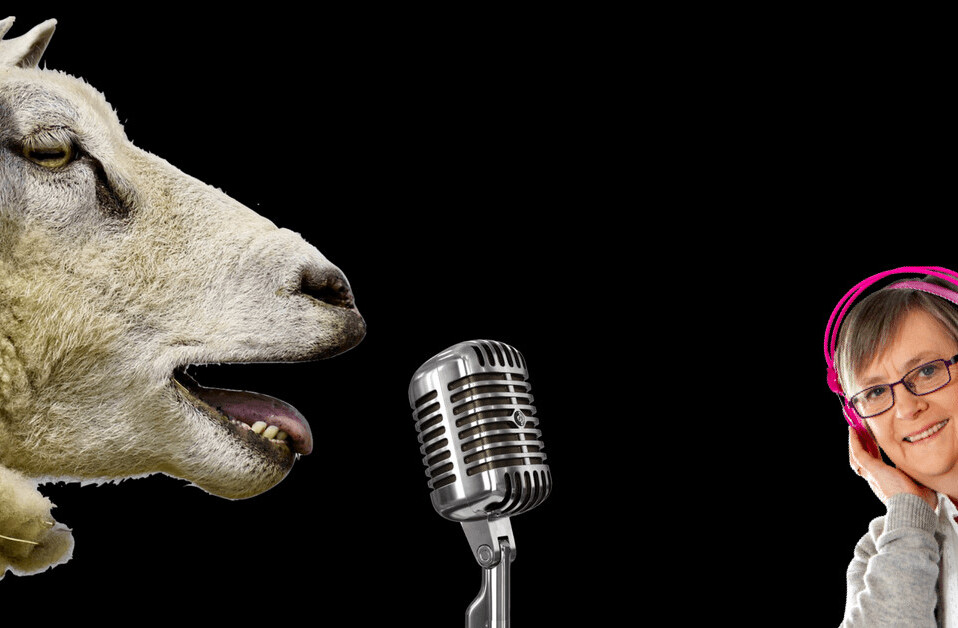
Ah, welcome welcome. I see you enjoyed last week’s edition and are back for more. Well we won’t disappoint. For the uninitiated (go back and start at post one, please) the team at TNW has made a New Year’s Resolution to read a bit more. So every week, a select number of our team will be sharing with you what’s currently living on their nightstand, or saved in Pocket, or is sitting in that browser tab begging to be read.
This week we have everything from how news organizations stay relevant in the digital age to a modern tech thriller and even how to be more like Steve Ballmer.

Geeks Bearing Gifts – Jeff Jarvis
Jeff Jarvis is a journalism professor in New York and one of the presenters of my favorite podcast, This Week in Google. In this relatively short book he explores how news organizations can stay relevant in an age when it’s harder than ever to make a profit from keeping the world informed.
The book has a conversational flow and draws on Jarvis’ experiences in newsrooms, the international conference circuit and even his local community in semi-rural New Jersey. If you’re interested in how news organizations could use technology to stop themselves from dying out, this is a book for you. The only question is whether newspaper proprietors will listen in time to save themselves.
– Martin Bryant, Editor-at-Large
Bleeding Edge – Thomas Pynchon
I just closed the back cover on this book two days ago, and it was a really good read.
A detective-style story with an involuntary protagonist (much like The Big Lebowski) that takes place in New York City, 2001. A fraud investigator gets wrapped up in a mess of a case centered around the CEO of a tech startup.
It’s quite interesting to read now as it’s set at the tail-end of the dot-com crash of 2000, given the debate on whether we’re currently repeating history and the looming question of whether we’re in another tech bubble. The book is funny and intriguing – full of geeks, hackers, entrepreneurs, Mafia types and G-men. Highly recommend!
– Jelle van Wijhe, Project Manager at Index.co
How to be like Steve Ballmer – David Barnes
When it comes to heroes in tech, there seems to be a pattern in praising the founders, the visionaries and the imagineers. As someone who works in the creative field this has always appealed to me, but sometimes it’s good to look at things from another direction.
This article already felt refreshing and different just from reading the headline. I wondered: Who would want to be like the bumbling, sweaty, balding, cool antichrist that is Steve Ballmer?
Turns out there’s a lot to admire in the former Microsoft chief – and being the ‘visionary’ isn’t all that.
– Cecil Kleine, Project Manager
Ragged Trousered Philanthropists – Robert Tressell
Over Christmas I caught up with family and ended up with a load of book recommendations from some of the older members of my clan. Although I’ve already got a huge ‘to read’ pile, one that was passionately recommended by my great uncle John, The Ragged Trousered Philanthropists, made it straight to the top.
The book follows a band of working class painters at the turn of the 19th century grappling with either too much, or more often too little work, while facing lifelong poverty either way. The hero, Frank Owen, is keen to help his workmates understand why they work so hard but end up with so little. The others, who beg, borrow and steal work from their mates by cozying up to those who control its allocation, eagerly mock his suggestions.
The book offers an often sad look into a desperate world that many of us have thankfully seen the back of. But it brings up ongoing issues that affect our lives everyday, one particularly pertinent for tech is the impact of automation. The potential of a paint gun to painters in Robert Tressell’s time no doubt feels like the looming autonomous car does to those who drive for a living today. The mass media and the church, too, played an important role in shaping people’s views then as they do now.
The book is a whopping 600 pages and some of the language is old-fashioned, which could throw me off my two books a month target. But George Orwell called it a ‘wonderful book’ and so would I.
– Kirsty Styles, Reporter
This is a #TNWLife article, a look into the lives of those that work at The Next Web.
Get the TNW newsletter
Get the most important tech news in your inbox each week.





